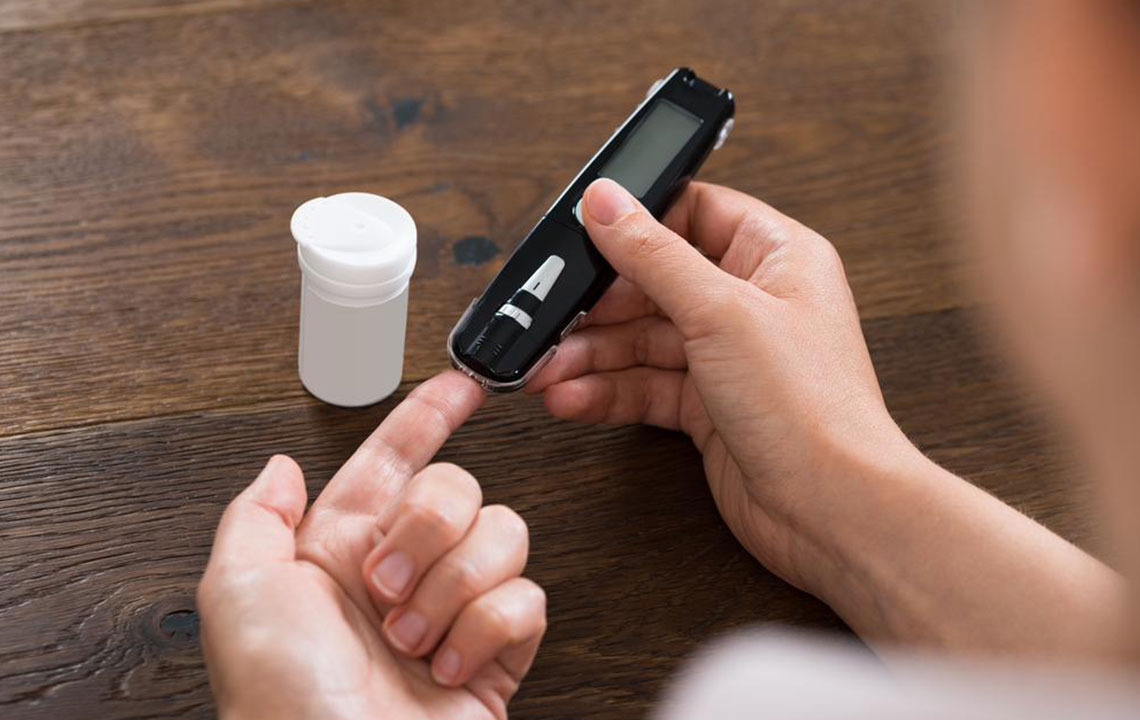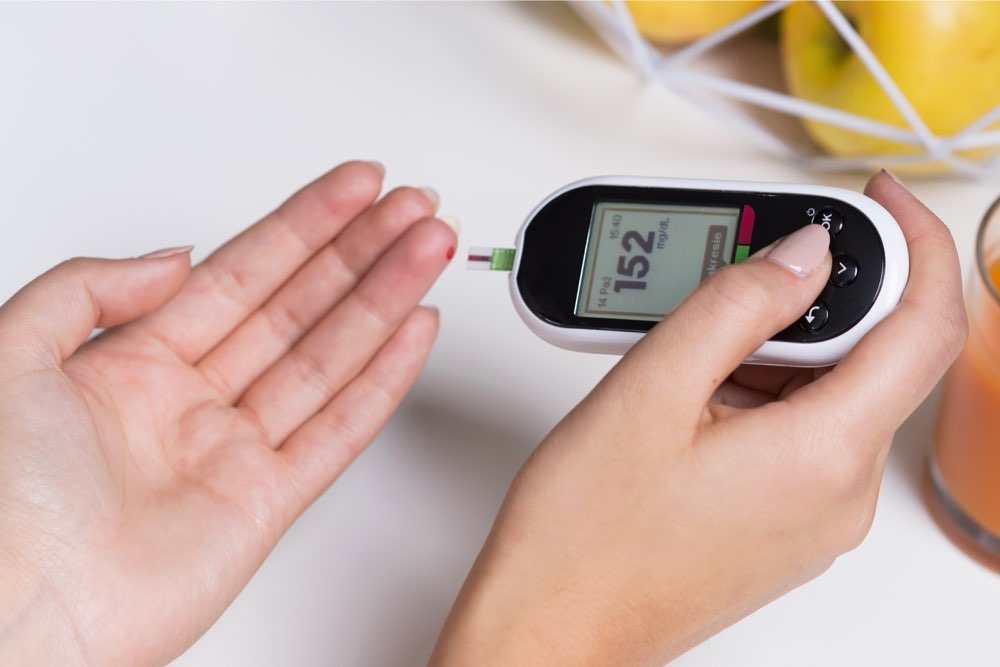Effective Strategies to Control Blood Sugar After a Sugar Crash
Discover essential tips to manage blood sugar levels effectively after indulging in sugary foods. Learn how hydration, exercise, monitoring, and smart meal planning can help prevent complications and promote better diabetes control. These simple strategies empower individuals to maintain balance and reduce health risks associated with sugar intake.

Effective Strategies to Control Blood Sugar After a Sugar Crash
Occasional overeating, especially with sugary treats, is common. Sweets, baked goods, and sugary drinks are popular choices to satisfy cravings. However, for individuals with diabetes, consuming too much sugar can cause sudden spikes in blood glucose, leading to complications. Luckily, there are simple steps to mitigate these effects and maintain balance. Following these tips can help manage blood sugar levels effectively and reduce the risk of health issues related to sugar intake.
Stay Hydrated
After a high-sugar intake, the pancreas releases more insulin, which can lead to increased urination. To combat dehydration, drinking plenty of water helps dilute excess sugar in the blood and supports blood sugar control.
Water intake aids in reducing blood sugar levels and alleviating symptoms of hyperglycemia, improving overall diabetes management.
Increase Physical Activity
Movement triggers the release of endorphins, hormones that boost mood and reduce fatigue. Exercise also helps muscle groups burn carbohydrates more efficiently, accelerating sugar breakdown and supporting blood sugar stability.
Monitor Blood Glucose Levels
Elevated sugar levels can lead to hyperglycemia, causing fatigue, mood swings, and frequent urination. Regular blood sugar monitoring is vital to detect and manage these fluctuations. Doctors may recommend insulin or other treatments if necessary, based on individual needs.
Planning meals carefully is crucial. Instead of skipping meals after a sugar binge, distributing food intake throughout the day helps prevent blood sugar imbalances. Incorporating low-carb foods such as vegetables, fruits, legumes, and whole grains provides essential nutrients, fibers, and proteins that support digestion, reduce inflammation, and maintain stable glucose levels. These dietary choices also help reduce cravings and prevent future binge episodes.
Disclaimer:
The information provided in this article is intended for educational purposes only. It should not replace professional medical advice. Always consult healthcare professionals before making any significant changes to your treatment plan or diet. Use this information responsibly and seek expert guidance when needed.










